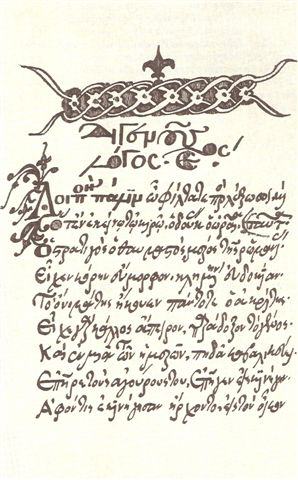“When in the Course of human events, it becomes necessary for one people to dissolve the political bands which have connected them with another,”
-Thomas Jefferson, Virginia
Seven score and six years ago, our nation was split and in the midst of a bloody war. Though often attributed to the issue of slavery, the War Between the States was fought for several reasons. The North and the South were very different. They had different opinions, and different viewpoints. When tension began building with the precarious balance of slave and free states, no one seemed to know what to do. When the southern states proposed separation, the northerners were infuriated. What?! Divide the Union? The North was more willing to fight rather than separate in peace. This is well illustrated in the words of John C. Calhoun and Daniel Webster:
“Senators,” he began, “it can no longer be disguised that the Union is in danger. The southern States cannot remain as things are now with safety in the Union” Read More

